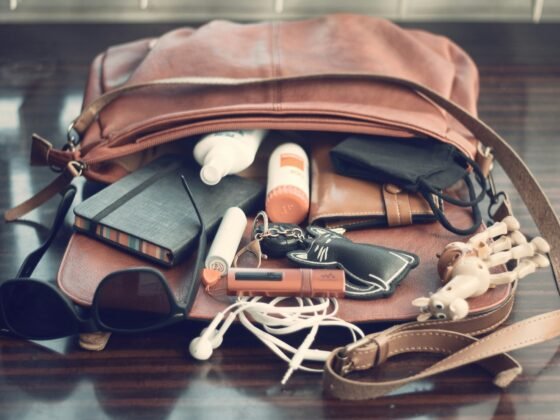The different cultures of the world dictate varying rules and accepted forms of behaviour when it comes to eating. What is normal for one country may be considered unheard of, rude or impolite in another. For all the dining etiquette codes of conduct you may need to know, read on to find out more.
Pass the salt and pepper please
If you’re dining out in Portugal, then don’t ask for salt and pepper when your meal arrives at the table. The chef will take it as an insult to his or her seasoning skills.
Make a noise and a mess
There’s no snobbery when it comes to eating in China, as you’re allowed to burp after a meal, which shows satisfaction. Leaving a mess at the table is also a good sign, and saving a bit of food on your plate is customary to ensure your host knows they have served up more than enough grub for you.
It’s also considered good manners to slurp your food in Japan. In fact, the noisier the better, as this indicates satisfaction. Drinking soup directly from the bowl is also acceptable.
Splitting the bill
It’s quite acceptable in many countries to split the bill if dining out with friends. But, if you’re eating in France, suggesting to split the bill is considered very impolite. Either pay it all yourself or allow somebody else to.
Wait to be seated
In Germany it’s considered polite to wait to be seated if you are dining out, and you should never sit down unless told where you can sit. Elbows on the table is a no-no, and it’s an utter offence to start eating until your host instructs you to.
Right-handed dining
In many Middle Eastern countries, India and parts of Africa it is considered a sin to use your left hand when eating, as the left hand is thought to be unclean.
No hands please
In Chile, however, you shouldn’t use either hand for eating as it is regarded as extremely bad manners.
Hands only please
There’s no need to worry about using your hands to eat in Mexico, as this way of eating is the norm. In fact, if you use cutlery over there, you’re considered a bit of a snob. You should also keep your hands visible on the table.
One plate only
If you ever find yourself eating in Ethiopia then one of the most important dining etiquettes is to share meals from one large plate. It is considered wasteful to use individual plates
Fork behaviour
In Thailand a fork is used primarily to push food onto a spoon. Never use a fork to put food into your mouth as it’s highly frowned upon.
Rules of Russia
Russian dining etiquette dictates that you should never put your hands on your lap at the table; always keep wrists on the table. If you’re enjoying a drink of vodka then never leave an empty bottle on the table, rather make sure to put it on the floor.
The hardworking people of Gourmet Society put this guide together to help people who love travelling and make sure they don’t find themselves in awkward dining situations. Remember to always go with the flow of the table and if you do make a mistake, don’t worry it’ll be fine.












